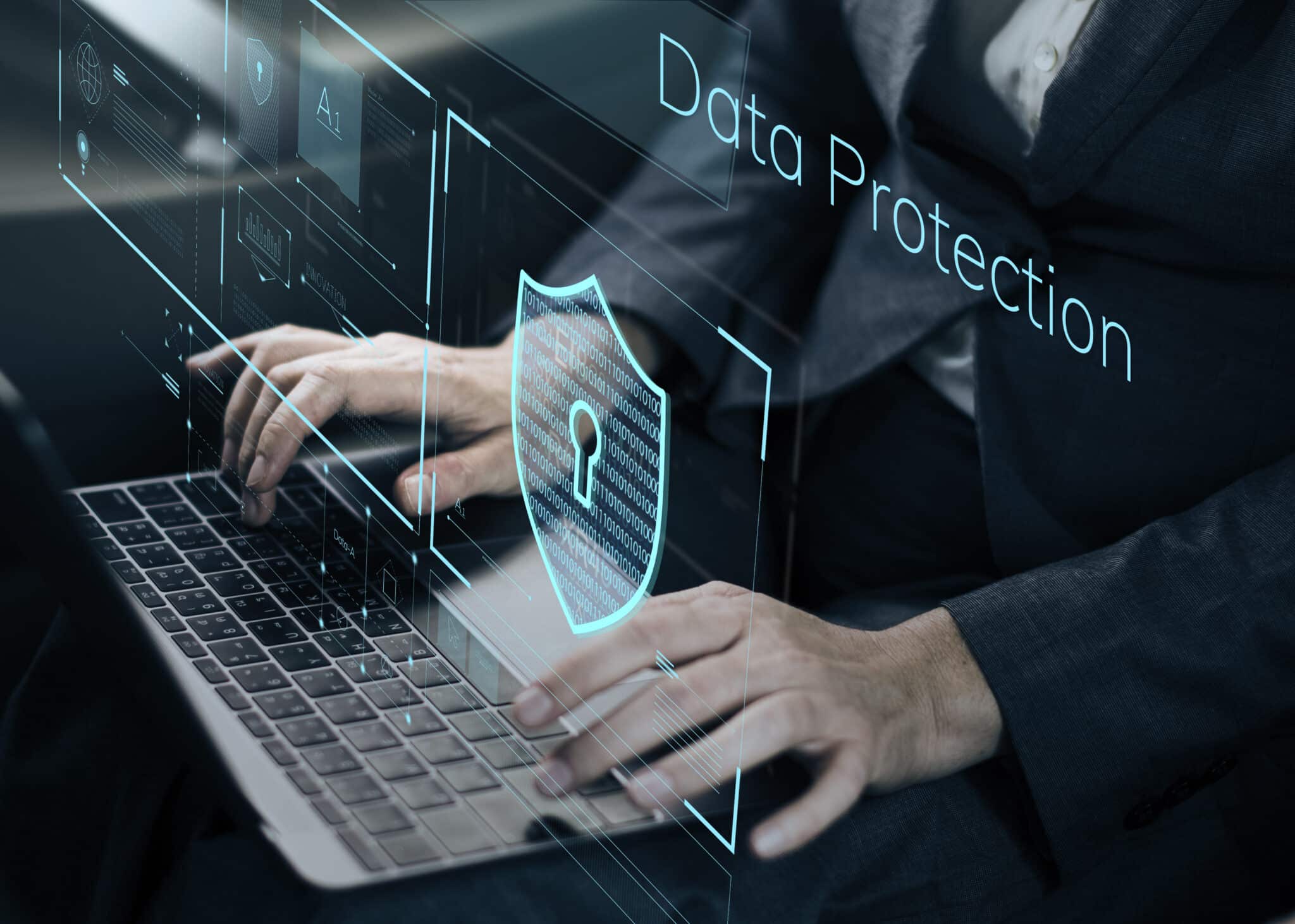
The importance of data privacy and its protection is growing at a rate unseen before with threat levels undiminished – so two leaders in the field offer their views
The recent Data Privacy Day, staged at the end of January with the aim to raise awareness of the importance of privacy and data protection, raised many pertinent issues.
With 85% of organisations falling victim to some form of cyberattack at least once in the past 12 months, a staggering 76% increase from the year before, drawing attention to this event has never been more essential.
We have asked two industry experts to share their views on how data privacy is currently being shaped.
Dan Middleton, Vice President UK and Ireland for Veeam, a provider of data backup, protection and disaster recovery solutions. Middleton believes that scepticism, a focused mind, and an awareness of the risks associated with externally connected devices are all fundamental to the prevention of data breaches.
Dr Ellison Anne Williams, CEO of data security company Enveil describes how Privacy Enhancing Technologies (PETs) are shifting the paradigm on data use, enabling organisations to safely, securely, and compliantly leverage data across jurisdictional boundaries, allowing professionals in the public and private sectors to make more informed decisions.
Always be sceptical
Dan Middleton, Veeam Vice President UK & Ireland, writes:
“Organisations in the UK and Ireland recently reported that only 55% of their encrypted or destroyed data was recoverable, and just 17% claim to be happy with how quickly their data can be recovered when required, according to Veeam’s Data Protection Trends Report 2023.
“This highlights a significant gap in data security processes, and a serious need for businesses to re-evaluate how they protect their data.
“My main advice when it comes to data protection is to always be sceptical. The age-old saying ‘if it’s too good to be true, it probably is’ remains relevant.
“Giving away personal details in the hope that this time you really will win a free iPad will only come back to bite when your personal details end up online.
“Secondly, slowing down and taking the time to make decisions with a focused mind will help to prevent those attacks that rely on us being too distracted to notice inconsistencies. Skip the mindless scrolling and stay alert to cybercriminals trying to trick you.
“Finally, remember that anything that can be externally connected opens up vulnerabilities into networks and increases opportunities for attackers to gain access to personal information.
“Whether it’s a corporate laptop, coffee machine or a smart speaker, always ensure you use strong passwords and multi-factor authentication, avoid unprotected public Wi-Fi networks and leverage anti-malware software if the device allows for it.”
Enable, enhance and preserve
Dr Ellison Anne Williams, Founder and CEO of Enveil, writes:
“Digital transformation, the rise of the digital economy, and the broad recognition of data as an asset have significantly transformed global data requirements, making it critical for us to advance awareness surrounding the challenges and opportunities in the data privacy arena. Data Privacy Day does a great job of spurring such discussion.
“With the vast quantities of data available today, organisations increasingly need to find the right balance between value extraction and risk management.
“Regulators are scrambling to keep up with the pace of change so there is frequently a lack of clarity concerning the boundaries of acceptable data use. Leading data-driven organisations are forced to ask themselves: ‘how much risk can we tolerate?’
“Privacy Enhancing Technologies (PETs) are changing the paradigm of how and where organizations can leverage data to unlock value.
“At its core, this category of technologies enables, enhances, and preserves the privacy of data throughout its lifecycle, securing the usage of data. PETs help engineer the trust needed to use data to its fullest potential.
“Modern digital businesses must cross global data silos, but the current barriers are leaving massive unrealised data value on the table.
“By leveraging PETs, organisations can use data across silos, jurisdictions, and organisational boundaries to efficiently collaborate across the global patchwork of data regulations. From the public sector to the private, ensuring secure and private usage of the widest pool of data sources, will be the most important advancement in data privacy yet.”